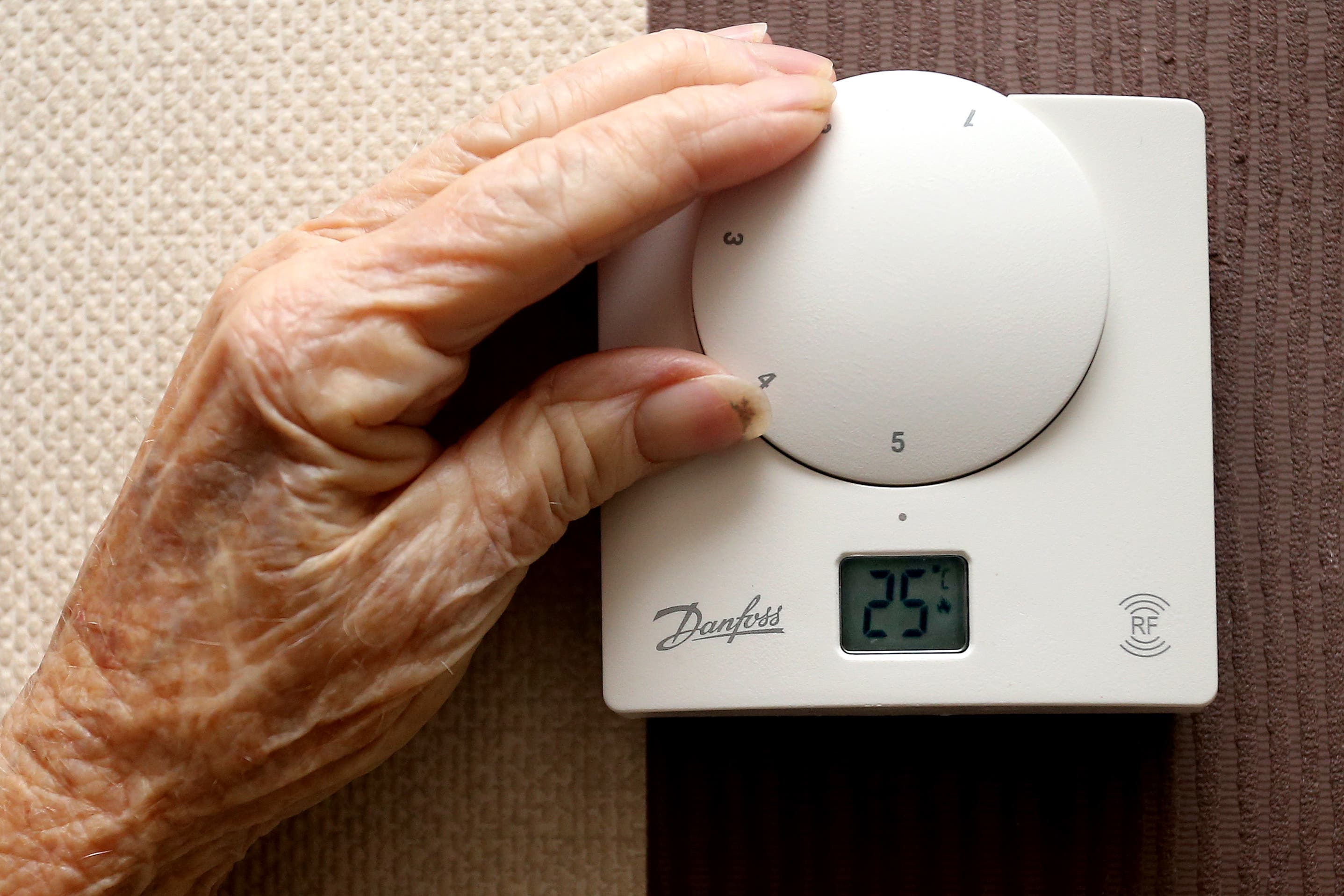There are good reasons why the winter fuel payment must be scrapped – but no one’s talking about them
As the House of Commons debates the government’s plan to withdraw the winter fuel payment from the majority of pensioners, economist Jonathan Portes says those decrying the benefit cut would be better off defending the triple lock


Why should Tony Blair, Elton John and my mother get an extra £200 they don’t need?
There are lots of bad arguments for ending the universal winter fuel payment to all pensioners – if we don’t fill the fiscal black hole left by the Tories, the markets will punish us the way they did Liz Truss – but there are also some good ones.
The UK debate on this is hopelessly confused. Those who argue that it can’t possibly make sense for the government to hand out non-means-tested benefits like winter fuel payments to rich pensioners rarely confront the logic of their arguments, which is to also means-test the state pension, not to mention to charge those who can afford to pay for universal services, such as the NHS.
Quite apart from the political and practical obstacles, there are extremely good economic reasons against this. Means-testing the state pension would effectively destroy any incentive to save for vast swathes of lower and middle-income workers.
But equally, those who argue against means-testing, either on principle or because of its undoubted drawbacks – that some recipients find it stigmatising, others will inevitably slip through the net, and that it requires a complex, expensive and sometimes intrusive bureaucratic process to administer – are equally unrealistic.
Paying a universal pension at a level that would lift all pensioners out of poverty (even, for example, those with high housing costs or energy bills) would require very large increases to the basic pensions, inevitably meaning higher taxes for workers.
So the UK welfare state, like those in most advanced economies, is a mix of universal and income-related benefits – and will remain so for the foreseeable future. Means-testing the winter fuel payment, in this context, is a relatively minor shifting of the boundaries; one which is justifiable on its merits.
The winter fuel payment was introduced in 1997 by the then-chancellor, Gordon Brown, in response to the sharp rise in pensioner poverty that resulted from the erosion of the basic pension following the Thatcher government’s decision to end its link to earnings.
But a far more consequential response to that problem was both a substantial increase in the generosity of the means-tested pension credit, the restoration of the earnings link and then the “triple lock”, under which the state pension goes up each year by either 2.5 per cent, by the rate of inflation, or by the average earnings growth – whichever is highest.
Since it was originally introduced by the coalition government in April 2011, the triple lock has pushed up the level of the basic pension compared to either earnings or prices by about 11 per cent. Combined with other changes, this effectively reverses the erosion of the previous four decades.
The triple lock isn’t perfect – but, alongside other policies, it has boosted pensioner incomes and helped make the broader UK pension system more sustainable. Both from a principled and a practical perspective, the case for a relatively small ad-hoc, lump-sum add-on to the basic pension – which, in practice, is all that the winter fuel payment is – is far weaker than in 1997.
From a political perspective, those concerned with the long-term welfare of all pensioners, especially the poorest, should focus their attention on two things.
First, they should be defending the triple lock, and making the economic case for a continued gradual increase in the basic state pension over time, against absurd claims that it will bankrupt the country and more plausible, but still unfounded, arguments that it increases intergenerational inequality.
And second, increasing targeted help towards poorer pensioners, in particular making it far easier to claim pension credit.
Meanwhile, while it is obviously absurd to suggest that the savings resulting from means-testing the winter fuel payment are essential to solving the government’s fiscal problems, it’s equally absurd to suggest that there are no genuine fiscal constraints; savings in one area does mean more room for spending increases elsewhere.
Aneurin Bevan’s famous words are overused, but they certainly apply to the upcoming Budget: while there are pressing needs across most of our public services, when it comes to poverty and deprivation there is no doubt where our priorities should be.
In contrast to the state pension, benefits for low-income families with children (as well as single unemployed people) have been repeatedly cut since 2010. Most obviously, the two-child limit for low-income families is “laser-focused on increasing child poverty”; but other cuts, like the (separate) “benefit cap”, have also contributed to recent rises in poverty and deprivation.
Means-testing the winter fuel payment will impact mostly middle and upper-income pensioners, but will, sadly, also hit some of those who genuinely face hardship. But claims that thousands will freeze to death simply don’t stand up. Meanwhile, however, it is simply a reality that hundreds of thousands of children are going to school or to bed hungry.
Ultimately, means-testing the winter fuel payment is a relatively minor tweak to a pension system that, while far from perfect, is broadly working, has boosted pensioner incomes and reduced poverty.
The crisis is elsewhere, and it is there that our attention – and our money – should be directed.
Jonathan Portes is a professor of economics and public policy at King’s College London





Join our commenting forum
Join thought-provoking conversations, follow other Independent readers and see their replies
Comments